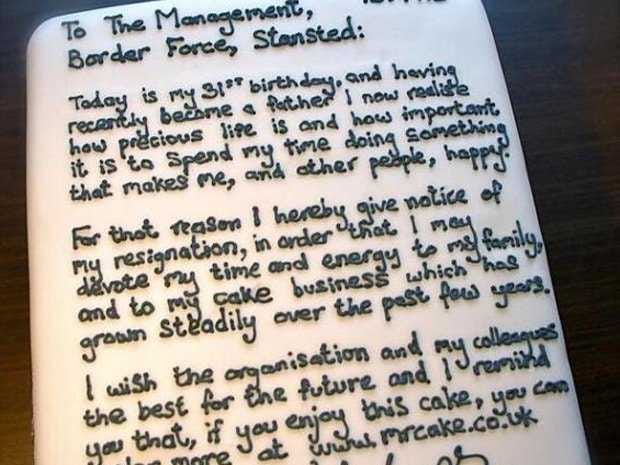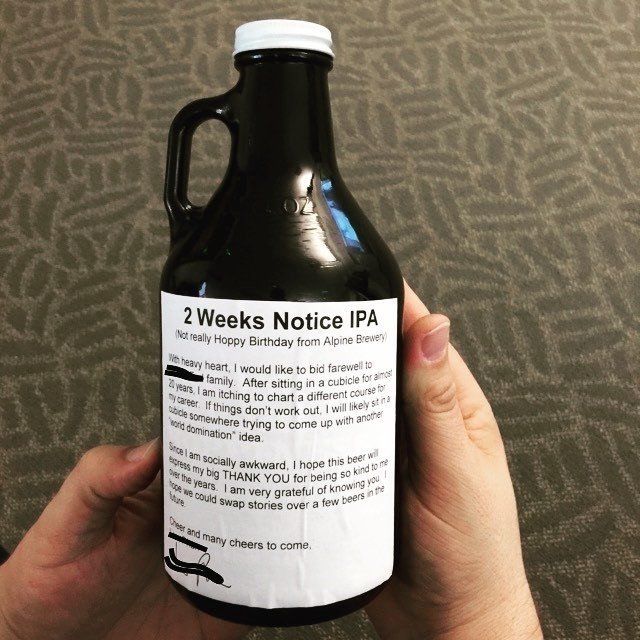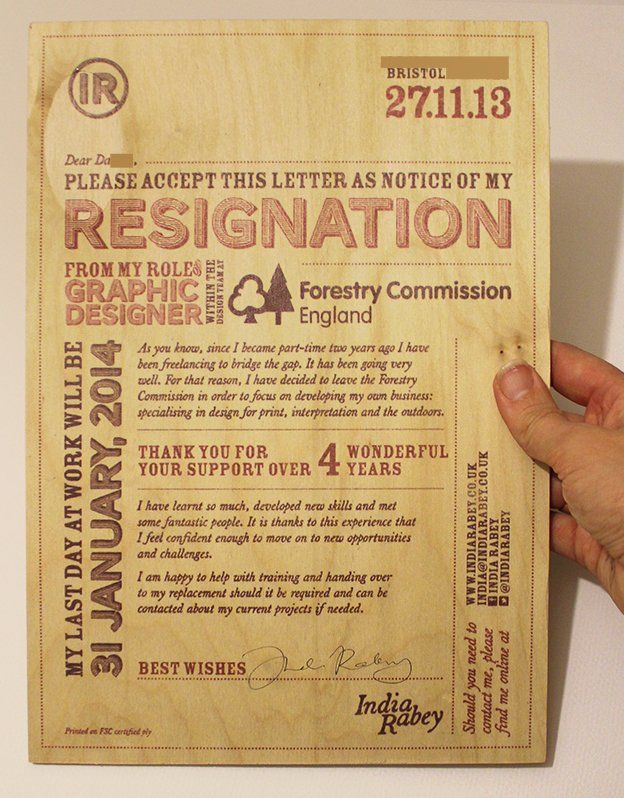How to write a resignation letter
]The UK is experiencing what has been termed The Great Resignation, with workers quitting their jobs to embrace roles more aligned with their priorities. Are you planning to join their ranks? Maybe you’ve even landed your dream job? Congratulations! Now to start the transition process from your current workplace to your new one. CV Shed has put together a few tips on how to write a resignation letter and resign with professionalism.
Handing in your notice
First things first – you need to tell your current boss that you’re outta there. Tempting though it may be to resign in style, explosively listing all the things you’ve found wrong with your boss, your workmates, the company and its culture, we all know that’s the wrong way to go about things.
Before burning your bridges (you still need to stay on everyone’s good side to get good references and to maintain your reputation in the industry, after all!), take a deep breath, have a celebratory drink and sit down to write your resignation letter.
Ideally, if you have a reasonable relationship with your manager, you should tell them verbally of your offer before handing over the resignation letter as a formality. Don’t tell your other colleagues before you tell your boss, though – your manager won’t appreciate hearing about your resignation through the grapevine.
How do you write a resignation letter?
Address your resignation letter to your manager and keep the letter formal in tone, however well you know them. State that the letter is written notice of your resignation and that you will work your contracted notice period, giving the date that you plan to leave. It’s fine to give a date later than your contracted notice period if you wish – the notice period is a minimum, not a maximum.
You may wish to add a note of thanks for any opportunities you've had during your employment, or for the support you’ve received, or anything else positive that you feel bears mentioning in writing.
It isn’t necessary to explain why you’re leaving. Many larger companies will hold an exit interview, which will give you the opportunity to say anything that you feel is relevant and constructive. And whilst your reason for resigning may be entirely positive, if it’s not, then venting your frustrations in writing won’t do anything for your credibility or professional reputation.
Finally, remember to keep a copy of the resignation letter for your own records.
Top tips for writing a resignation letter
The three top tips to remember are to:
- Keep it professional and formal
- Keep it positive
- Keep it brief
Template resignation letter
Here's an example of how to write a resignation letter in the UK, that you can use as a template:
14th September 2022
Dear Richard,
Re: Resignation
In accordance with the terms of my contract, please accept this letter as formal written confirmation of my resignation as Project Manager, as I will shortly be moving on to a new challenge. I anticipate that my last day will be 16th October, in line with my notice period.
I am very grateful for the opportunities I’ve had whilst in this role and am particularly grateful for the support that you provided during last years’ acquisition project. I will, of course, do my utmost to ensure the seamless transfer of my duties and projects before leaving and am more than happy to train my replacement.
I have thoroughly enjoyed the 5 years I’ve spent with the company and wish both you and the organisation the very best for the future.
Yours faithfully,
Joe Smith
Get ready to resign!
If you're ready to quit but need some help landing that next role, take a look at how
CV Shed can help. Have you considered getting a
FREE CV review to make sure you're making the right first impression?
Just for fun
Now you know how to do it properly, here are some very creative resignation letters. If you plan on taking this route, you’d better be very confident that your boss will see the funny side – and you should also prepare a more official letter for the HR files!








